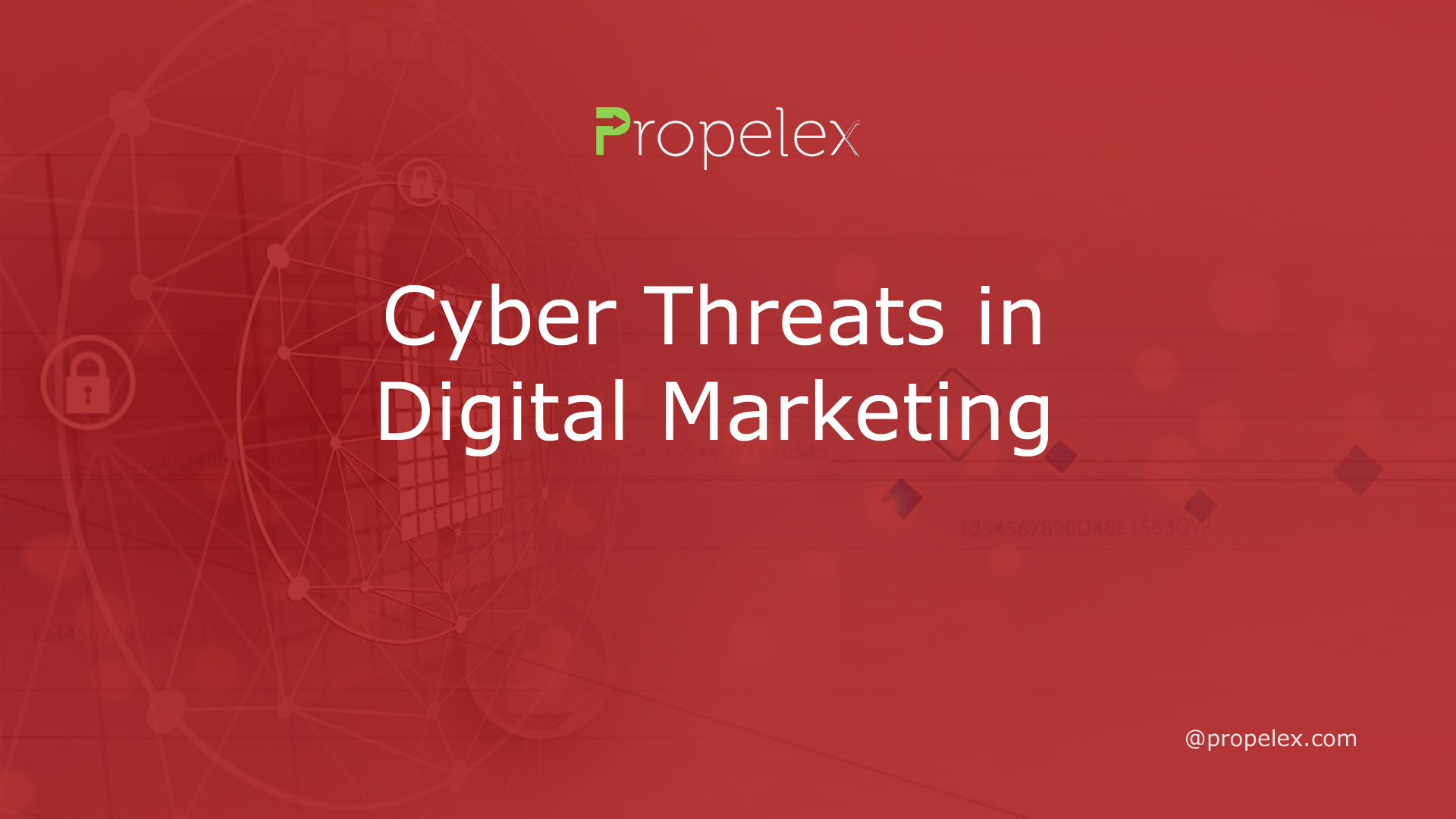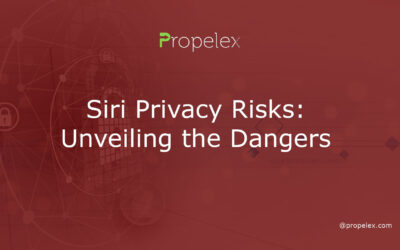As a digital marketer, you must stay vigilant against cyber threats. These could have an immense effect on both your business and brand’s reputation. Though many people associate cybersecurity with banking, cloud-based storage, and governmental agencies, digital marketing is just as vulnerable to these cyber threats.
Email Marketing
Email marketing is one of the most efficient methods for businesses to connect with current and prospective customers. It boasts a high return on investment (ROI), helps boost website traffic, and increases conversion rates. Unfortunately, cyber threats can have an adverse effect on email campaigns.
Email security is critical for businesses as it shields them from various cyber threats such as spamming and email fraud. These attacks can damage your brand’s reputation and even result in financial loss.
Spam is a type of malicious email that contains links or attachments that could lead to the installation of malware on the recipient’s computer. Furthermore, spam lowers productivity by overloading email servers with unwanted content.
Phishing emails are another common type of malicious email. These messages aim to trick recipients into divulging sensitive information or passwords. They often masquerade as legitimate companies and use this data for accessing login credentials or payment information.
To protect your business and its data from cyber attacks, you should employ a variety of strategies. The first step should be implementing an advanced email security solution with content protection, identity protection, anti-spam tools and anti-phishing protection tools.
Make sure all employees use strong, unique passwords for all online accounts. Doing so can prevent hackers from stealing or reusing passwords.
Consider using a password manager to help manage passwords. These programs allow you to create, store and manage multiple passwords for all of your company’s accounts. Plus, they can automatically reset your password if you forget it.
Regular software and security patches should also be applied. These fixes can help address known vulnerabilities that leave your business open to cyberattacks.
Additionally, you should utilize a VPN to keep your communications private and secure. Doing so will shield you from hackers and other prying eyes who could potentially view your online activity.
To prevent phishing and other types of email fraud, you should educate your staff on the types of malicious emails sent out to customers and potential clients. They should also learn how to recognize them, and not click any links or attachments within them.
Social Media
If you own a business, it is essential to be aware of the potential risks and repercussions that come with social media use. Not only is it an excellent platform for communicating with customers and sharing information, but it can also be exploited maliciously by criminals.
Social media poses a number of potential hazards, one being data theft and phishing attacks. These types of assaults aim to obtain sensitive personal data from users or their businesses.
Cybercriminals may attempt to access passwords or credit card numbers through an employee’s social media accounts, so it is critical that both you and your staff take caution when sharing on these platforms. Never post private information such as personal photos or financial data online.
Another potential threat is malware spread via links and attachments. Malicious programs can infect computers or mobile devices and steal information valuable to attackers. By making sure employees are aware of any links or email attachments they send through social media accounts, they will be able to avoid these types of attacks.
Additionally, make sure to install a firewall and antivirus or malware prevention software on your network. Doing so will prevent cybercriminals from invading your company’s network and stealing sensitive information.
It is beneficial to provide security awareness training to your employees, which will enable them to protect against online threats. This could include providing them with tips and insights on how to safeguard their accounts with both your business and any other online accounts they might have.
Finally, ensure your social media policies adhere to legal requirements and are followed by your employees. Doing this can minimize any bad PR or legal repercussions from your business’ online presence.
Maintaining security on social media can be a time-consuming task, yet it is an integral component of any business’ marketing plan. Neglecting to address potential cybersecurity threats presented by social media could prove costly to repair and even damage your reputation if not addressed promptly.
Customer Relationship Management (CRM)
If you run a business online, it is essential to protect both your data and customers. A security breach can damage your reputation, allow competitors to steal customers from you, and even cost money. Fortunately, multi-layered security systems and well-trained employees are able to keep you safe from hackers while safeguarding sensitive information.
Customer Relationship Management (CRM) systems are essential tools for many businesses, as they allow you to store and organize customer data while managing interactions with them. Sales teams use CRM systems for creating reports and analyzing data.
CRM systems are typically protected by firewalls and other security measures, but it’s essential to remember that there are always potential attack vectors. A major example of this was last year’s US Cellular data breach when hackers stole customer names, phone numbers and other personal data from their CRM systems.
Marketing executives must be mindful of both external and internal threats. Examples include phishing emails, unsolicited social media messages, and malware on company computers.
Phishing is the practice of sending an email that appears legitimate but contains links to websites with malicious attachments or files. It’s imperative that digital marketing teams train their members on how to spot these emails and avoid clicking them.
Unsolicited social media messages pose a huge security risk to companies. Hackers send out messages with links to malicious websites or files, and once clicked upon, they can access your private information.
These attacks can be particularly costly to companies using social media as a marketing channel. Hackers have the capacity to access private information, reach out directly to customers with malicious intent, and completely demolish a brand’s reputation.
To prevent this from occurring, ensure that any employee with access to your CRM uses their own individual account rather than sharing logins with others in the organization. Furthermore, when employees leave your business, make sure their logins are disabled so hackers cannot use their credentials for accessing your CRM.
Website
Cyber Threats in Digital Marketing – Protect Your Business Online
Digital marketing relies heavily on technology, so it’s essential to safeguard your company’s website and data from malicious attacks. Cyber attacks can damage your reputation, threaten financial stability, or lead to legal actions. Protecting against them is the only way to ensure the success of your company’s operations online.
There are numerous cybersecurity threats that can negatively impact your online presence, so it is essential to be able to detect them and take immediate action. Common threats include:
Data breaches are one of the greatest dangers any business can endure. Not only do they breach customer trust, but they may lead to lawsuits and other legal repercussions as well.
Cybercriminals are always on the lookout for ways to attack businesses, so it’s essential that you protect your company’s sensitive data as much as possible. This includes contact lists, client information and marketing plans.
A data breach could cost your business millions of dollars. This includes hiring a security team to investigate the incident, hiring a consultant to assist with resolution and paying legal fees associated with doing so.
Malware is another major danger that digital marketers must be aware of. It can come from various sources, such as email links and social media posts.
Hackers are always searching for ways to break into your website, and they often employ malware as a method. Furthermore, they may use social media fraud techniques to dupe people into providing them with private information or money.
The most efficient way to secure your website is with a Virtual Private Network (VPN). These services enable you to access the internet through an encrypted tunnel, making it more difficult for hackers to break into your site and steal data.
In addition to a VPN, it’s essential that your staff uses strong passwords that are difficult for anyone else to guess. They should also change their passwords frequently and avoid sharing them with anyone.









